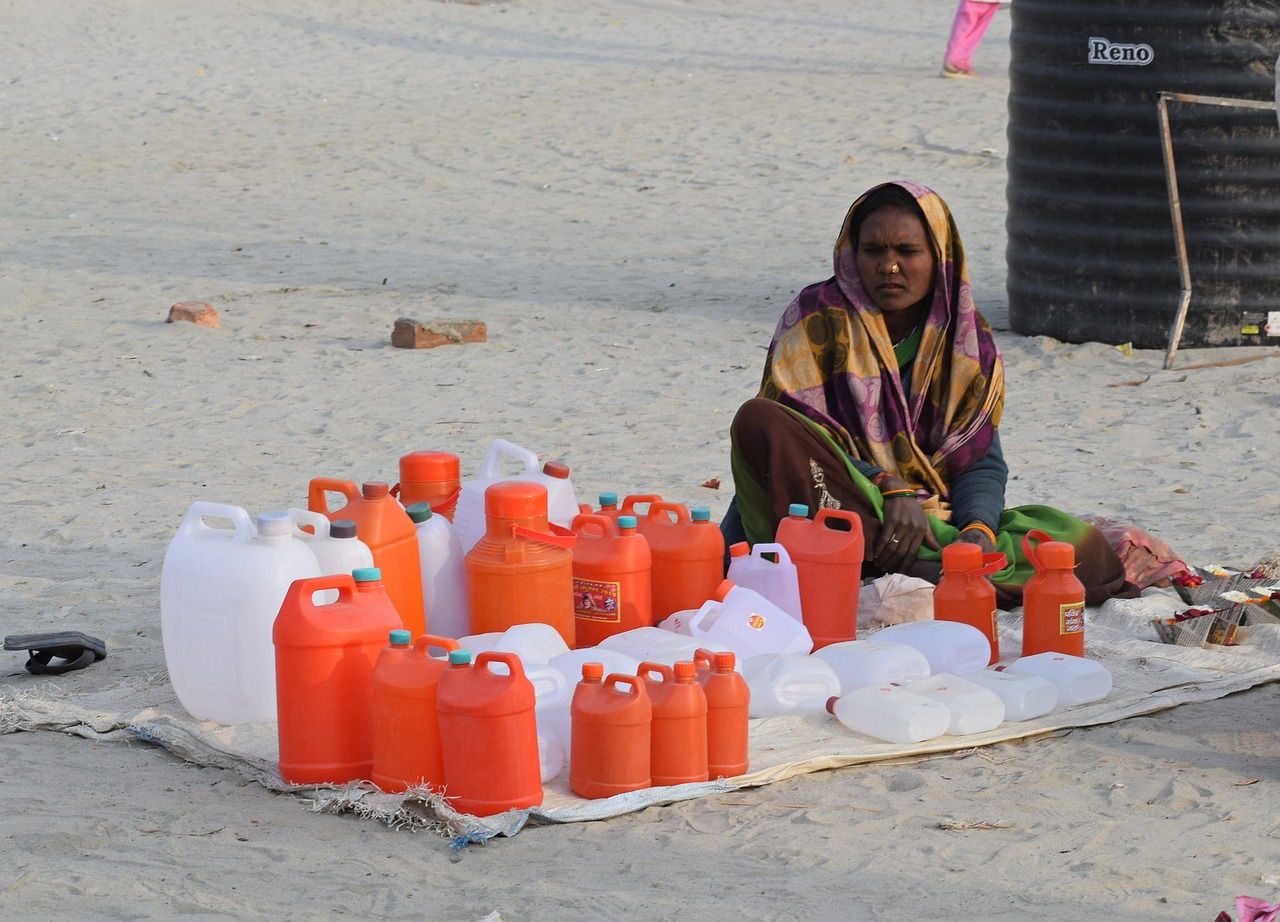Legal Challenges Surrounding Voter Identification Laws
sky247 sign up, diamondexch9.com login, tigerexch vip: Election campaigns are a crucial aspect of the democratic process, allowing candidates to reach out to voters and share their platform and vision for the future. Volunteers play a significant role in these campaigns, helping with everything from canvassing neighborhoods to organizing events. However, it is essential to assess the legality of election campaign volunteer programs to ensure compliance with relevant laws and regulations.
What are election campaign volunteer programs?
Election campaign volunteer programs are initiatives organized by political candidates or parties to recruit individuals to support their campaign efforts. Volunteers can engage in various activities, such as making phone calls, distributing campaign materials, and attending events on behalf of the candidate. These programs play a vital role in grassroots campaigning and are a cost-effective way for candidates to reach out to voters.
Assessing the legality of election campaign volunteer programs
When organizing an election campaign volunteer program, it is crucial to consider the legal implications. Several key factors need to be taken into account to ensure compliance with relevant laws and regulations:
1. Volunteer vs. employee classification: It is essential to distinguish between volunteers and paid employees. Volunteers are individuals who offer their time and services without compensation, while employees are hired to work for the campaign. Classifying individuals correctly is crucial to avoid any potential legal issues related to wage and hour laws.
2. Campaign finance laws: Election campaigns are subject to campaign finance laws that regulate the solicitation and use of funds for campaign activities. It is essential to ensure that volunteers are aware of these laws and comply with them when engaging in fundraising or other financial activities on behalf of the campaign.
3. Non-discrimination laws: Campaigns must adhere to non-discrimination laws that prohibit discrimination based on factors such as race, gender, religion, or sexual orientation. Volunteers should be treated fairly and equally, regardless of their background or characteristics.
4. Privacy laws: Volunteers may have access to sensitive information about voters or campaign strategies. It is crucial to inform volunteers about the importance of maintaining confidentiality and complying with relevant privacy laws to protect this information.
5. Election laws: Election campaigns are governed by specific laws and regulations that vary by jurisdiction. It is essential to familiarize yourself with these laws and ensure that your volunteer program complies with them to avoid any legal issues.
6. Liability considerations: Volunteers may engage in activities that carry a risk of liability, such as distributing campaign materials or interacting with voters. Campaigns should have appropriate insurance coverage and liability waivers in place to protect against potential legal claims.
FAQs
Q: Can volunteers receive compensation for their work on an election campaign?
A: Volunteers are typically not compensated for their work on an election campaign, as they are offering their time and services voluntarily. However, campaigns may provide reimbursement for expenses incurred while volunteering, such as travel or meals.
Q: Are there any age restrictions for volunteers on an election campaign?
A: The legal age for volunteering on an election campaign varies by jurisdiction. In some cases, individuals must be at least 18 years old to volunteer, while in others, there may be no age restrictions. It is essential to check local laws and regulations before recruiting volunteers.
Q: What training should volunteers receive before participating in an election campaign?
A: Volunteers should receive training on campaign policies and procedures, as well as relevant laws and regulations. They should also be briefed on the campaign’s messaging and goals to ensure that they represent the candidate effectively.
In conclusion, assessing the legality of election campaign volunteer programs is essential to ensure compliance with relevant laws and regulations. By taking into account factors such as volunteer classification, campaign finance laws, non-discrimination laws, and liability considerations, campaigns can create a successful volunteer program that operates within the bounds of the law. With proper planning and oversight, volunteers can play a valuable role in helping candidates connect with voters and secure electoral success.







